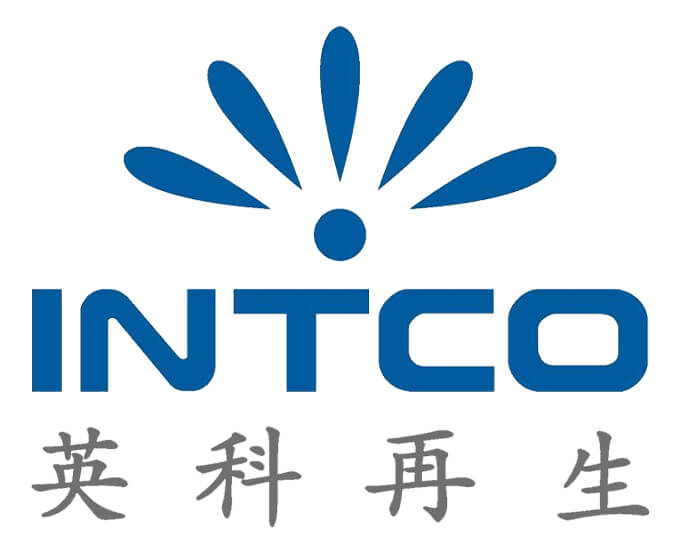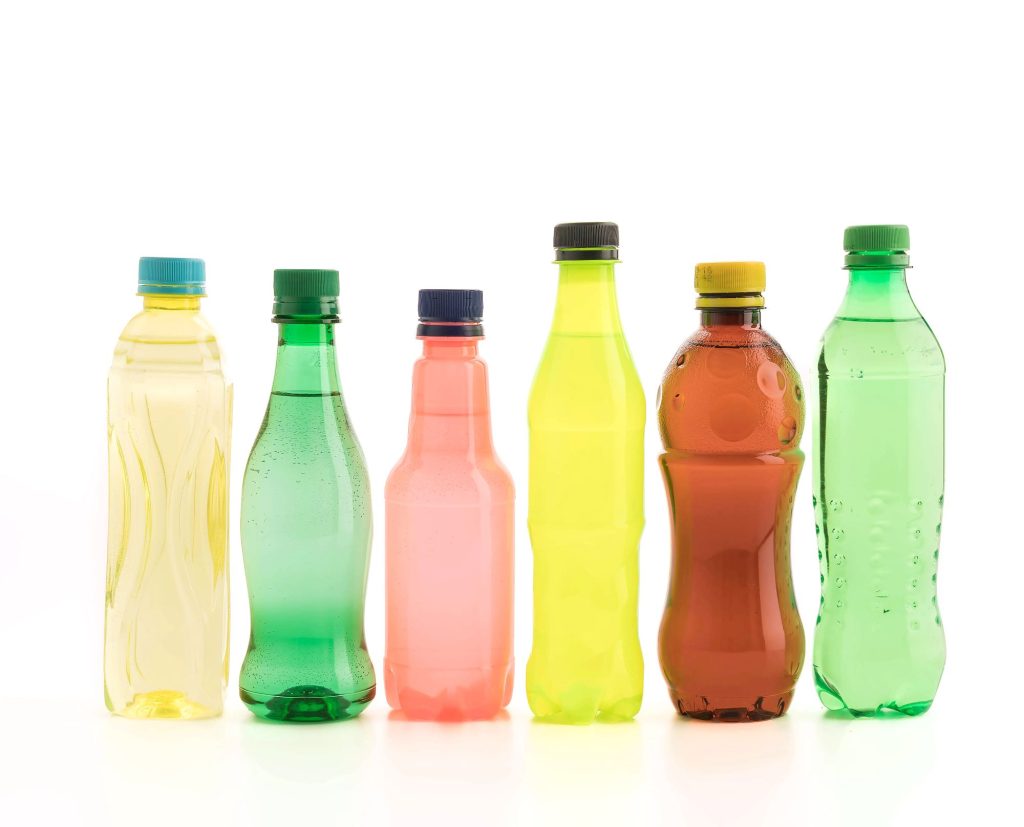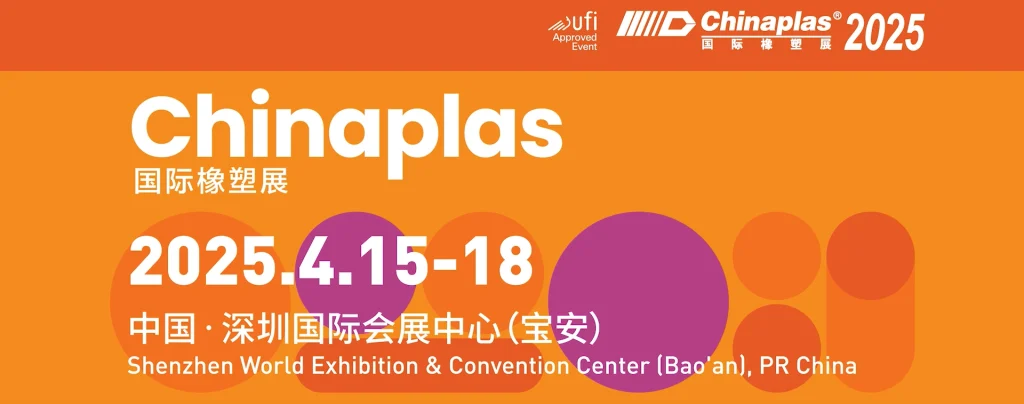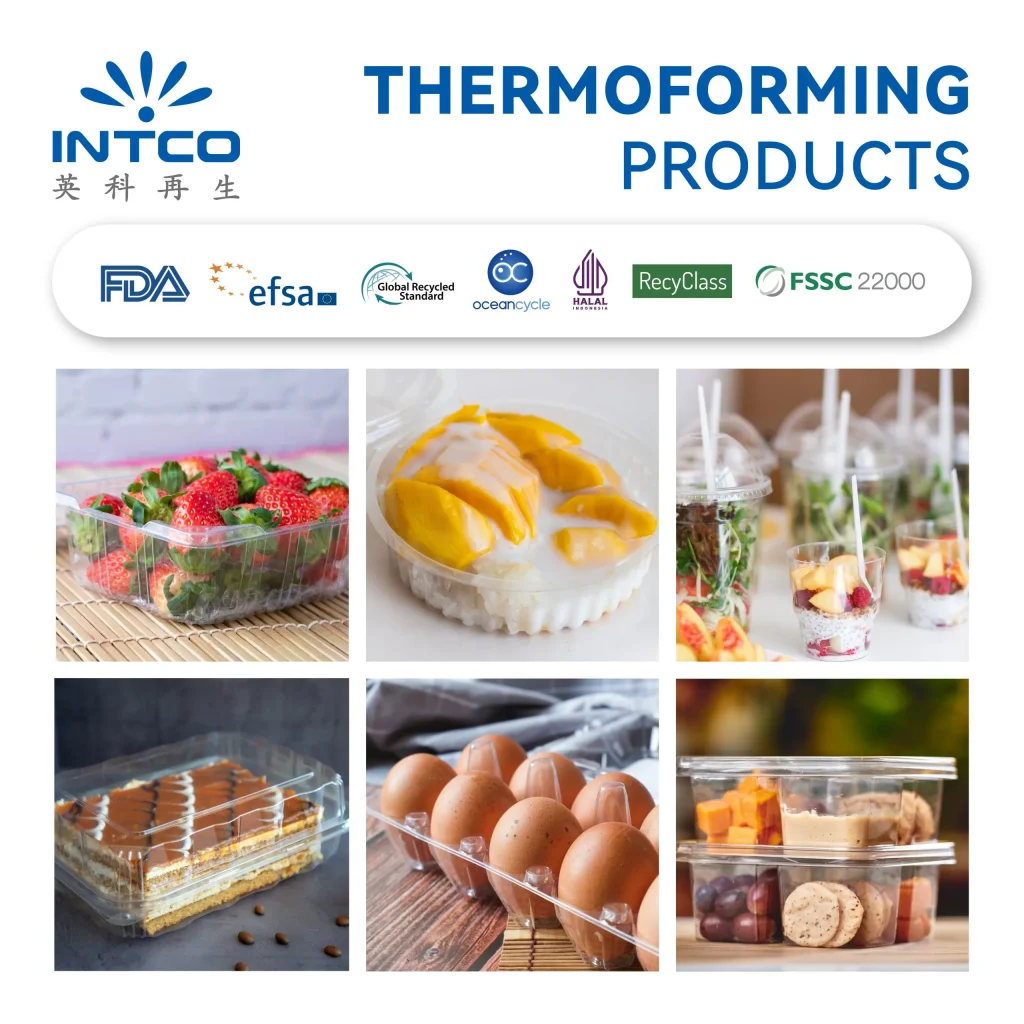The demand for recycled materials has been rising consistently as of late due to the growing popularity of recycled polyethylene terephthalate (rPET) chips in the market landscape today and their impact in this shift towards sustainability and eco-friendliness. In this blog, we will delve into the market trends and the increasing need for rPET chips by exploring the factors driving this trend forward while also taking a closer look, at what lies ahead in terms of future opportunities and how industry dynamics are shaping the market landscape.
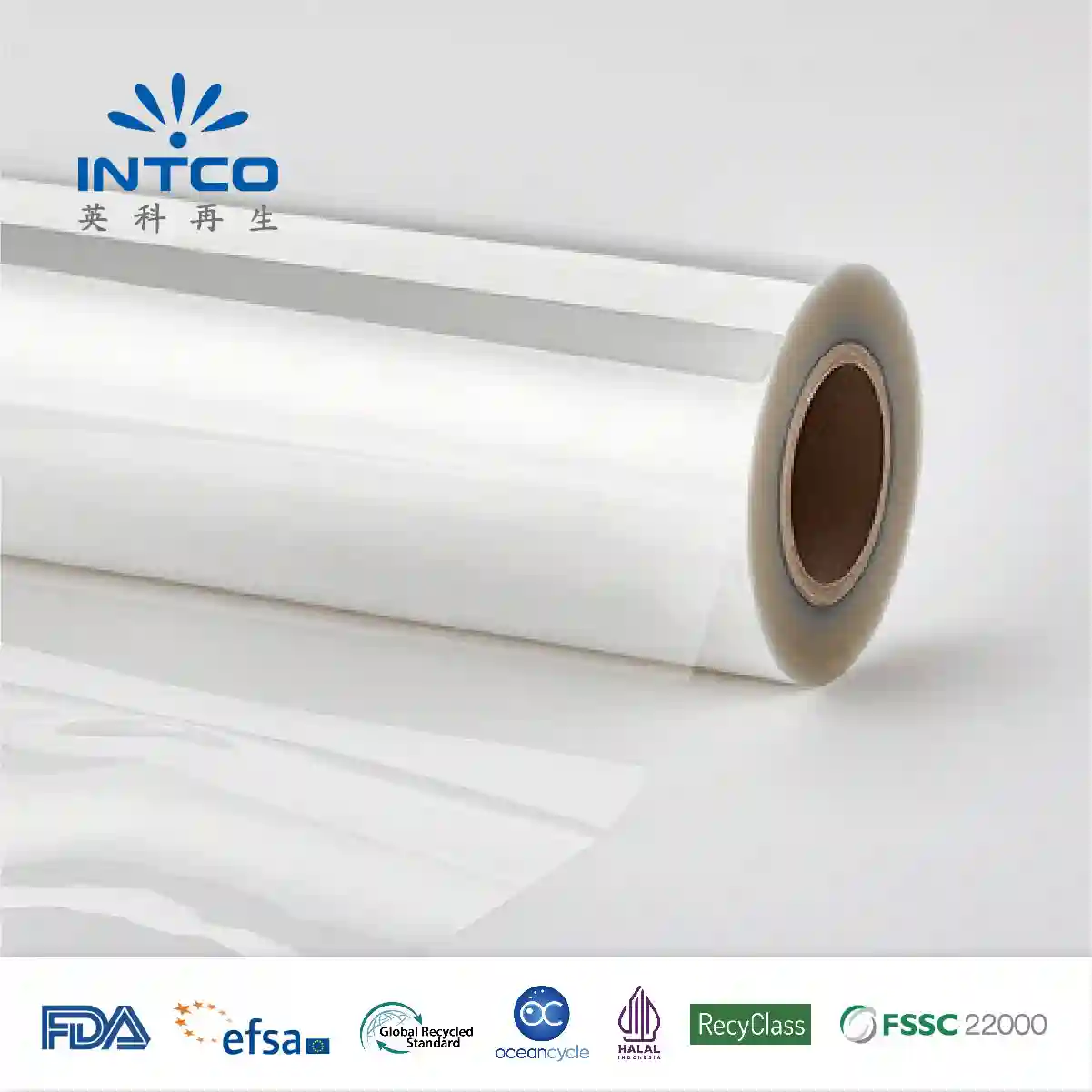
Growing Demand for Sustainable Packaging
The increasing need for rPET chips mainly stems from the effort to adopt eco-friendly packaging options and minimize harm to the environment among businesses and brands, which has led to a notable rise in the adoption of recycled materials.
Consumer-Driven Shift Towards rPET
People are more aware of their impact in the environment, select items crafted from sustainable materials with intentionality and purposefulness. Many individuals favor products that incorporate rPET materials which results in an impact when they make purchasing decisions. Supporting goods with rPET content plays a role in driving environmental improvement efforts, within companies as they strive to embrace greener practices and approaches.
Regulatory Mandates and Targets
Governments around the globe are putting rules in place, establishing goals to promote the utilization of recycled materials to boost the demand for rPET even more. This move has a substantial influence on the plastics sector.
European Union (EU)
The European Union leads the way in these initiatives by implementing the Single Use Plastics Directive that mandates a specific percentage of recycled plastic in beverage bottles as a requirement for manufacturers to follow actively by 2025. Onward to 2030 in the EU region specifically, it will be a necessity for beverage bottles to include 25%, then increasing to 30% of recycled plastic content as part of their production process – encouraging manufacturers to opt for and utilize rPET chips in their packaging materials.
United States (US)
In the United States, the Food and Drug Administration (FDA) evaluates the safety of rPET on a case-by-case basis. Plastic manufacturers can receive a “No Objection Letter” (NOL) for recycling processes that are deemed suitable for food contact. This includes assessing contamination risks and migration limits. This regulatory environment supports the safe use of rPET in food and beverage packaging.
Industry Dynamics Shaping the rPET Market
The demand for rPET chips in the market can be affected by consumer preferences and rules set by governing bodies, along with changes within the industry such as pricing fluctuations and competition dynamics, alongside advancements in recycling technologies.
Future Prospects for rPET Chips
The outlook for rPET chips appears optimistic as various factors point toward advancement and creativity in the field of sustainable packaging materials usage. The rPET sector shows potential for expansion and transformation as an increasing number of companies acknowledge the significance of adopting eco-friendly practices.
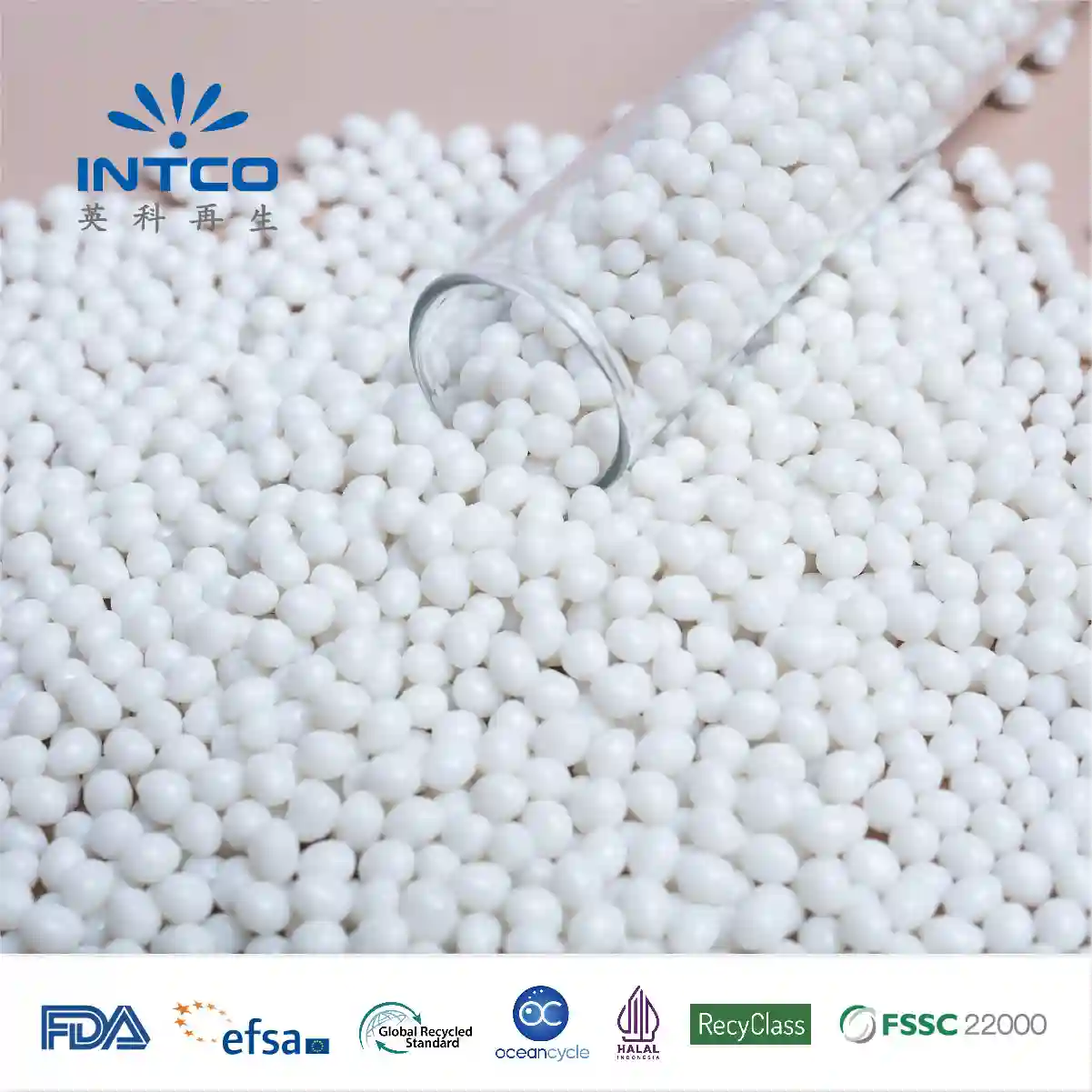
Expected Growth and Innovation
The rPET market is expected to experience substantial growth, driven by technological advancements and increased investment in recycling infrastructure. As the demand for recycled plastics rises, you can expect ongoing innovation in recycling technologies and rPET production methods. For example, chemical recycling methods are being explored to handle plastics that are difficult to recycle mechanically.
Expanding Applications and Increased Recycled Content
The applications for rPET are expanding beyond beverage bottles. You can see rPET being used more frequently in various packaging solutions, including food containers, films, and textiles. This expansion is accompanied by an increase in the percentage of recycled content incorporated into these products. You might also see the use of rPET increasing in other applications like strapping, sheet, compounding, and injection molding. rPET is also used in the production of polyester staple fiber for apparel, blankets, and other winter wear.
Intco Plastics: A Reliable rPET Supplier
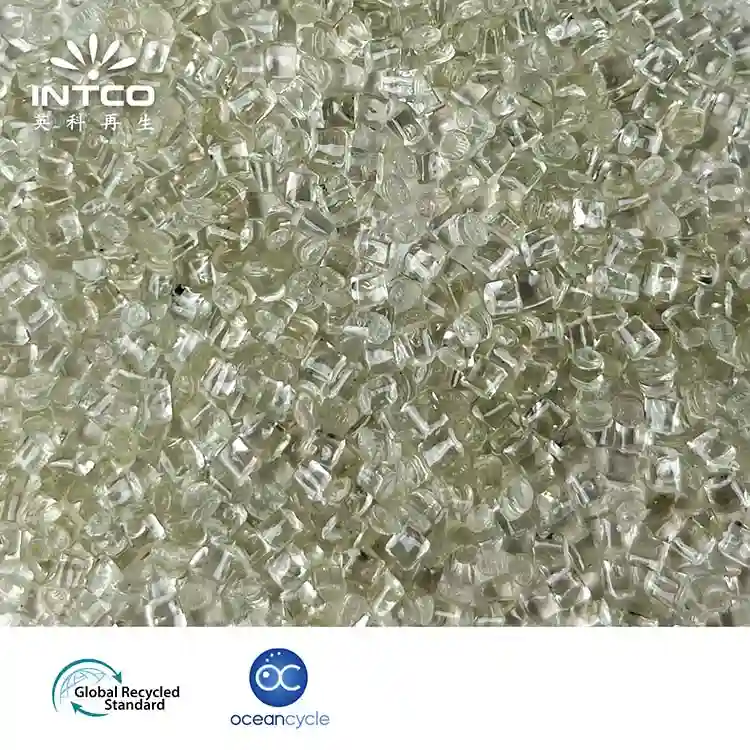
If you’re in need of a provider of rPET chips for your business needs or projects that require recycled materials, Intco Plastics could be worth considering. Specializing in manufacturing and supplying recycled plastic pellets, they offer top–notch rPET made from 100% consumer recycled bottles used for food and beverage packaging. Intco ensures the quality of their food grade rPET with certifications such as EFSA, FDA, GRS, Oceancycle and HALAL, making them a reliable choice for meeting the standards of the food and beverage packaging sector. Intco Plastics also highlights its dedication to ensuring traceability and maintaining high standards in quality management systems.
Conclusion
The rPET chips market shows growth due to the rising need for eco-friendly packaging options driven by regulations and consumer choices. The sector remains vibrant as its future expansion depends on innovation and broader use cases. For businesses looking to achieve sustainability targets and promote a circular economy model, rPET chips provide a solution. Enhancing your knowledge of these trends can guide you in making choices for your sourcing and manufacturing processes.
FAQs on rPET Chips
You may still be wondering about rPET chips and their market status. Here are some common inquiries answered for you:
What are the primary factors driving the increased demand for rPET chips?
The increasing need for PET chips mainly stems from consumers being more conscious about sustainability and companies striving to lessen their environmental footprint by using recycled materials in response to strict regulations imposed by the government and industry initiatives aimed at promoting sustainable practices instead of following a linear consumption model.
How does rPET compare to virgin PET regarding safety for food contact applications?
When rPET goes through processing methods and undergoes thorough safety evaluations as per regulations by the FDA and EU authorities concerned with its safe usage in food contact scenarios, it is deemed a secure and practical choice.
What are some of the emerging applications for rPET chips beyond beverage bottles?
rPET goes beyond being used in beverage bottles; it’s now finding its way into a wide range of packaging options like food containers and films as well as textiles too! In addition to that traditional use case scenario in the packaging world, it has found its place in applications like strapping and sheet creation or even compounding and injection molding processes, not forgetting its role in creating fibers for clothing items and textile goods too! This really shows how rPET has become a material that’s gaining popularity across various industries today.
